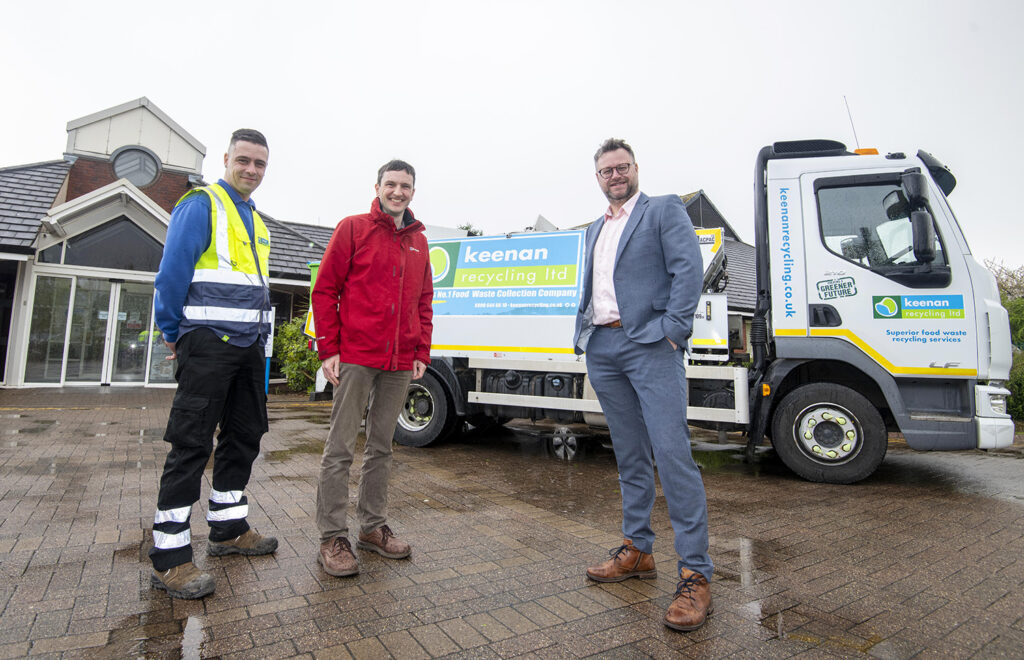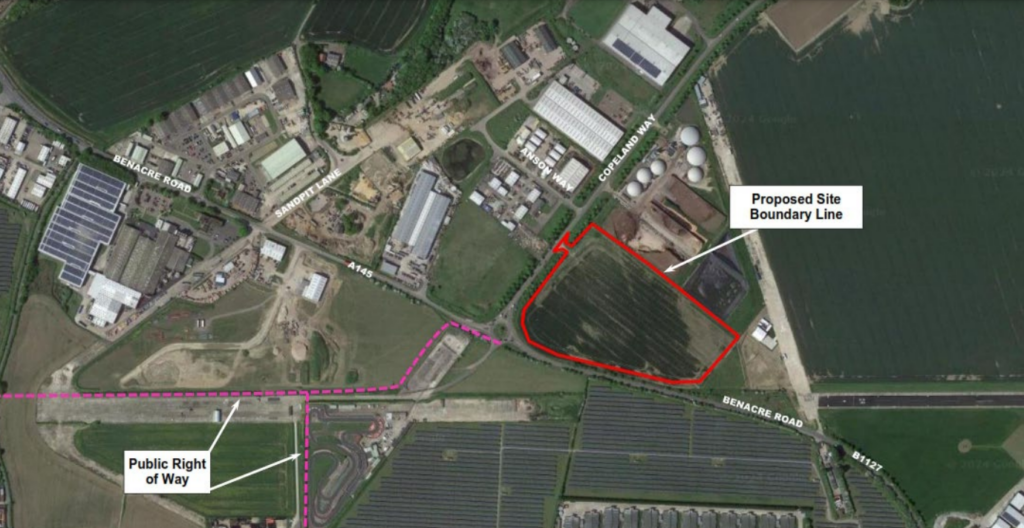WyeCycle, which composts organics from the villages of Wye and Brook, has said that the requirements, introduced this week (01/07/2003) are too high and unsuited to the amounts of material collected by small composters.
Managing director Richard Boden told letsrecycle.com: “We are not going to follow the requirements of the ABPR. We have no intention of meeting the temperature requirements because we cannot.”
Last week the Department for the Environment, Food and Rural Affairs confirmed the temperature requirements composters would have to meet if they wished to deal with catering waste (see letsrecycle.com story). These are:
- Heating to 60 degrees centigrade for 2 days at a particle size of 40cm,
- OR heating to 70 degrees for one hour at a particle size of 6cm,
- PLUS a second barrier of either storage for 18 days or source separation out of meat at the point of collection.
These factors were based on a risk assessment carried out last summer.
But WyeCycle is arguing that its catering waste composting system, which reaches just 40-50 degrees for 30 days, plus an in-vessel retention period of 12 months, is not only easier for small companies to achieve, but safer than DEFRA's.
Confident
Mr Boden was confident that WyeCycle's methods would more than meet health and safety requirements. “We have got 13 years of doing this and we know that what we are doing is far safer and cheaper for the taxpayer than what DEFRA will allow,” he said.
He said because WyeCycle had always used a long, slow composting process because it collected only two tonnes of catering waste per week. “When you are collecting small tonnages each week you cannot get those high temperatures without applying heat to it,” he said. “The economics of the system are such that we cannot spend thousands of pounds (on specialist equipment).”
And he questioned whether the officially sanctioned method was really safe, arguing that it was wrong to focus on heating, rather than composting, material. “DEFRA's conditions aren't safe, because people will follow what they're saying and put material that presents an attraction to rats and vermin into open windrows because they're allowing such a short time for the process… But if you are composting over 12 months that is far safer than doing something over two days.”
WyeCycle hopes DEFRA will acknowledge its methods are safe under a clause in the ABPR that says it will look at organisations that want to demonstrate they can meet the aims of the legislation in a different way.
But Mr Boden said if DEFRA did not approve WyeCycle's methods, it would carry on anyway, reclassifying its process as MBT (mechanical and biological treatment). “One way out is to say that we are an MBT plant sending the material to landfill because the regulations only cover composting. It's very bad that that loophole is there but we will say we'll put the material through a five year MBT process,” he said, adding that he hoped there would be more alternatives in five years' time.
Continued on page 2…










Subscribe for free